BMBDG Seminar: Mark Bleackley - March 11 @ 3:00 pm
Posted on January 17, 2013
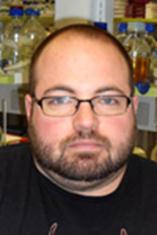 “NaD1 and protease inhibitors – exploring the molecular mechanisms of antifungal activity”, by Dr. Mark Bleackley, La Trobe Institute of Molecular Science. March 11 @ 3:00 pm, LSC 3, 2350 Health Sciences Mall
“NaD1 and protease inhibitors – exploring the molecular mechanisms of antifungal activity”, by Dr. Mark Bleackley, La Trobe Institute of Molecular Science. March 11 @ 3:00 pm, LSC 3, 2350 Health Sciences Mall
Read More | No Comments
Posted on January 10, 2013
 “Chromo-genomics: gene expression, replication and evolution”, by Dr. Corey Nislow, Faculty of Pharmaceutical Sciences, UBC
“Chromo-genomics: gene expression, replication and evolution”, by Dr. Corey Nislow, Faculty of Pharmaceutical Sciences, UBC
February 4, 2013 @ 3:00 pm in LSC 3, 2350 Health Sicence Mall
Read More | No Comments
Posted on January 9, 2013
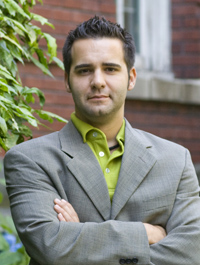 “Physical integrity of the plasmalemma and caveolae signaling in vascular disease and cancer,” by Dr. Pascal Bernatchez, Department of Anesthesiology, Pharmacology & Therapeutics, UBC.
“Physical integrity of the plasmalemma and caveolae signaling in vascular disease and cancer,” by Dr. Pascal Bernatchez, Department of Anesthesiology, Pharmacology & Therapeutics, UBC.
January 14, 2013 @ 3:00 pm in LSC 3, 2350 Health Sciences Mall
Read More | No Comments
Posted on January 8, 2013
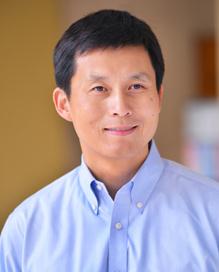 “Structure and function of membrane transport proteins”, by Dr. Ming Zhou, Department of Biochemistry and Molecular Biology, Baylor College of Medicine.
“Structure and function of membrane transport proteins”, by Dr. Ming Zhou, Department of Biochemistry and Molecular Biology, Baylor College of Medicine.
January 24, 2013 @ 3:00 pm in LSC 3, 2350 Health Sciences Mall
Read More | No Comments
Posted on January 3, 2013
 Congratulations Horace! He successfully defend his MSc thesis “Identifying Novel Regulators of Rhol signaling in Saccharomyes cerevisiae”. Horace studied in Dr. Elizabeth Conibear’s lab.
Congratulations Horace! He successfully defend his MSc thesis “Identifying Novel Regulators of Rhol signaling in Saccharomyes cerevisiae”. Horace studied in Dr. Elizabeth Conibear’s lab.
Read More | No Comments
Posted on January 2, 2013
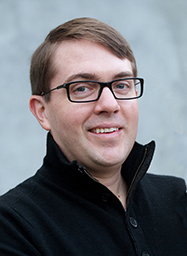 Dr. Christian Kastrup, Assistant Professor co-invents a new gel, which can be used on weakened blood vessels to prevent rupturing. Read more
Dr. Christian Kastrup, Assistant Professor co-invents a new gel, which can be used on weakened blood vessels to prevent rupturing. Read more
Read More | No Comments
Posted on December 14, 2012
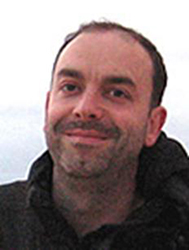 “Using Structural Biology to Decipher how Bacteria Kill Bacteria”, by Dr. Andrew Lovering, University of Birmingham.
“Using Structural Biology to Decipher how Bacteria Kill Bacteria”, by Dr. Andrew Lovering, University of Birmingham.
December 18 @ 2:00 pm in LSC #3, Health Sciences Mall
Read More | No Comments
Posted on December 6, 2012
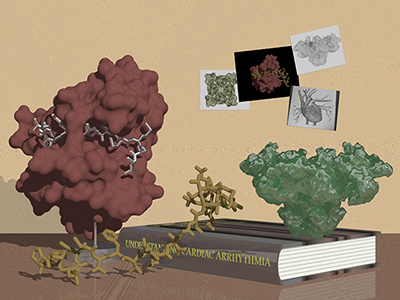 Congratulations Paolo for completing the MSc program! The title of his thesis is “Ligand and Modulator Binding in the Skeletal Muscle Ryanodine Receptor”. Paolo studied in Filip van Petegem’s lab.
Congratulations Paolo for completing the MSc program! The title of his thesis is “Ligand and Modulator Binding in the Skeletal Muscle Ryanodine Receptor”. Paolo studied in Filip van Petegem’s lab.
Read More | No Comments
Posted on December 6, 2012
 Jonathan Coleman presents: “P4-ATPase Structure-Function Relationships: Mechanism and Roles of ATP8A2-CDC50A in Aminophospholipid Transport, Protein Trafficking, and Visual Disorders”.
Jonathan Coleman presents: “P4-ATPase Structure-Function Relationships: Mechanism and Roles of ATP8A2-CDC50A in Aminophospholipid Transport, Protein Trafficking, and Visual Disorders”.
December 17, 2012 @3:00 pm. in LSC #3. 2350 Health Sciences Mall, UBC
Read More | No Comments
Posted on December 6, 2012
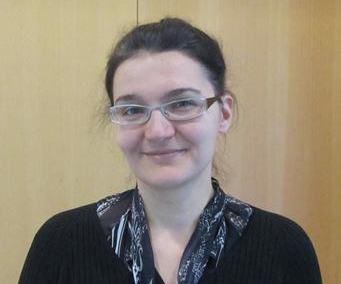 Dr. Anna Prudova, Post-Doc, Dr. Overall Lab, University of BC
Dr. Anna Prudova, Post-Doc, Dr. Overall Lab, University of BC
“Multiplex in vivo Degradomics: Connecting Proteases to their Functions”
December 10, 2012 @ 3:00 p.m. in LSC 3, 2350 Health Sciences Mall
Read More | No Comments
 “NaD1 and protease inhibitors – exploring the molecular mechanisms of antifungal activity”, by Dr. Mark Bleackley, La Trobe Institute of Molecular Science. March 11 @ 3:00 pm, LSC 3, 2350 Health Sciences Mall
“NaD1 and protease inhibitors – exploring the molecular mechanisms of antifungal activity”, by Dr. Mark Bleackley, La Trobe Institute of Molecular Science. March 11 @ 3:00 pm, LSC 3, 2350 Health Sciences Mall Dr. Christian Kastrup, Assistant Professor co-invents a new gel, which can be used on weakened blood vessels to prevent rupturing. Read more
Dr. Christian Kastrup, Assistant Professor co-invents a new gel, which can be used on weakened blood vessels to prevent rupturing. Read more






